Obsessive-Compulsive Disorder (OCD) is a major mental health issue that affects 1–2% of people around the world. People with this disorder have a cycle of obsessions, which are unwanted thoughts or images that cause a lot of anxiety, and compulsions, which are behaviors or mental acts that individuals do repeatedly to relieve that anxiety. People with OCD may observe that these cycles make their daily lives very difficult.
Medication can be part of treatment, but evidence-based psychotherapy is the most important part of managing OCD. Therapeutic methods, especially Cognitive Behavioral Therapy (CBT), give people structured ways to deal with their symptoms and take back control of their lives.
This article will give a full look at OCD, with a focus on the different types of therapy that are available. We will look at well-known therapies like Cognitive Behavioral Therapy (CBT) and other psychotherapies that are helpful, as well as how to get professional help. This guide goes into excellent detail about the therapeutic options available for managing OCD for those who are looking for effective treatment options.
What is OCD, or obsessive-compulsive disorder?
Obsessive-Compulsive Disorder (OCD) is a serious mental illness that causes people to have a cycle of obsessions and compulsions. People often think it’s just a preference for neatness, but it’s a complicated disorder that can cause a lot of trouble. People with OCD have intrusive, unwanted thoughts (obsessions) that make them very anxious. To ease their anxiety, they feel the need to do the same things repeatedly (compulsions).
Some common signs of OCD are:
Fear of germs: An overwhelming fear of germs that makes people wash or clean too much.
Checking Behaviors: The constant need to check locks, appliances, or other things to keep them from getting hurt.
Hoarding is when you can’t get rid of things because you think you need to keep them.
Symmetry and Ordering: A strong desire to put things in a certain, exact order.
How OCD affects everyday life
OCD has effects that go far beyond its main symptoms. The condition can have a big effect on a person’s quality of life by:
Taking Up Time: Rituals and compulsions can take up a lot of time every day.
Straining Relationships: The disorder’s demands can cause problems and misunderstandings with family and friends.
Impairing Performance: It can become harder to do things at work, school, or with friends.
Affecting Mental Health: People with OCD often have chronic anxiety, which can lead to other problems like depression.
The main symptoms that make up the disorder are:
Obsessions are thoughts, images, or urges that keep coming back and are unwanted. They are intrusive and make you feel bad or anxious. A common obsession is being afraid of hurting someone you care about.
Compulsions are actions or thoughts that a person feels they must do repeatedly because of an obsession. These actions, like putting things in order or saying prayers repeatedly, are meant to keep anxiety at bay or lessen it, but the relief is only temporary.
It is important to understand that OCD is a serious medical problem that needs professional help, not just several odd habits.
Why professional therapy is so important for treating OCD
While antidepressants and other drugs can alleviate OCD symptoms, they often fail to address the underlying issue of your thoughts and behaviors. Psychotherapy is necessary for long-term recovery because it gives people the tools they need to change how they think and act.
Clinical studies have indicated that therapy works well for OCD, with research showing that 60–80% of people see big improvements. Therapy also helps the person’s support system because it teaches family members about the disorder and how to help without encouraging compulsive behaviors.
Some of the main benefits of therapy are:
Learning how to cope with obsessive thoughts without giving in to compulsions is an important part of developing coping skills.
Cutting down on compulsive behaviors: getting back time and energy that was lost to rituals.
Improving life: helping people feel better and making relationships stronger.
Therapy is a process that gives you power and doesn’t work right away, but it does work in the long term.
Cognitive Behavioral Therapy (CBT) is the best way to treat OCD.
Cognitive Behavioral Therapy (CBT) is widely known to be the best type of therapy for people with OCD. It is a structured, goal-oriented method that aims to change the negative thoughts and behaviors that keep the disorder going.
Exposure and Response Prevention (ERP) is a type of CBT that is used to treat OCD. This method includes finding distorted thoughts (like “If I don’t check the stove, the house will burn down”) and systematically challenging them by exposing yourself to triggers while not giving in to compulsive behaviors. The American Psychological Association and other top organizations support CBT because a lot of research has indicated that it works for most people with OCD.
What to Expect During CBT for OCD?
The therapist and the client work together to do CBT therapy.
Assessment: The first few sessions include a full assessment to figure out exactly what your obsessions, compulsions, and triggers are.
Psychoeducation: You will learn how OCD works, which will help you see it as something outside of yourself and understand its patterns.
Skill-Building: The main part of the therapy is learning and using ERP techniques and cognitive strategies to question and change obsessive thoughts. “Homework” assignments are often given to help people practice what they learned between sessions.
A standard regimen of cognitive behavioral therapy (CBT) for obsessive-compulsive disorder (OCD) comprises 12 to 20 weekly sessions. To be successful, you need to practice regularly, like by doing thought tracking for homework.
The Advantages and Efficacy of CBT for OCD
CBT has many long-lasting benefits for people with OCD.
Quick Symptom Improvement: Many people say they feel better within a few months of starting treatment.
Long-Lasting Results: You can use the coping skills you learn in therapy for the rest of your life.
CBT works for people of all ages, including children, teens, and adults.
Your therapist will help you face your fears, so it gets easier over time.
Exposure and Response Prevention (ERP) is an important part of cognitive behavioral therapy.
Exposure and Response Prevention (ERP) is one of the best parts of Cognitive Behavioral Therapy (CBT) for treating obsessive-compulsive disorder (OCD). This evidence-based therapeutic method entails progressively facing feared situations or thoughts while resisting the compulsion to engage in compulsive behaviors or rituals.
ERP works by systematically breaking the cycle of compulsions and obsessions that people with OCD have. When people have thoughts or situations that make them anxious, they learn to cope with the discomfort without resorting to ritualistic behaviors. This process shows that anxiety naturally goes down over time, without the need for compulsions.
For instance, someone who is afraid of contamination might be told to touch a doorknob and then not wash their hands right away. They learn that nothing undesirable happens when they are exposed to something in a controlled way, which slowly lowers their fear response.
The Process of ERP Treatment
Hierarchy Development: Therapists help patients make a complete list of situations that make them anxious and rank them from least to most anxious.
Graduated Exposure: The patient starts with less difficult situations and works their way up to more difficult ones as they gain confidence and tolerance.
Response Prevention: Patients learn how to stop doing compulsive behaviors with the help and support of a therapist.
Clinical studies indicate that around 70% of individuals with OCD exhibit substantial improvement via ERP therapy, establishing it as a primary treatment recommendation for this disorder.
Different ways to treat OCD that are not standard
CBT is still the best way to treat OCD, but it might not work for everyone. Some patients may benefit from alternative approaches or combination therapies, especially when concurrent conditions like depression or anxiety disorders are involved.
Acceptance and Commitment Therapy (ACT)
Acceptance and Commitment Therapy is all about being mentally flexible and living according to your values. Instead of trying to get rid of obsessive thoughts, ACT teaches people to notice them without judging them and act based on their values instead of their fears.
ACT teaches people with OCD to accept the presence of obsessive thoughts without acting on them. Mindfulness techniques are very important for creating this acceptance-based approach.
ACT’s main benefits are:
- Improved cognitive flexibility
- Less internal conflict and struggle
- Bringing together personal values and family life
- Better overall mental health
Therapeutic Interventions Based on Mindfulness
Mindfulness-based therapies help people become more aware of the present moment and stop worrying too much about things that are bothering them. For people with OCD, mindfulness techniques help them put some space between themselves and their obsessive thoughts, letting them see them as temporary mental events instead of urgent threats that need to be acted on.
Some common ways to be mindful are:
Breathing exercises: Structured ways to breathe that help you relax and stay in the moment
Body scan meditations: paying attention to physical sensations in a systematic way without judging them
Mindful daily activities:Being aware of what you’re doing while doing things like eating and walking
These methods work well to stop rumination, and they work well with standard CBT treatments.
New ways to treat people
Dialectical Behavior Therapy (DBT) is especially helpful for people with OCD who also have trouble controlling their emotions or mood swings.
Inference-Based Therapy (IBT) is a good choice for people who have persistent “what if” thoughts because it focuses on doubt and uncertainty.
Consulting with a professional is necessary to find the best treatment for each person based on their needs and the symptoms they are showing.
Integrative Treatment Strategies for OCD
Psychotherapy is a very effective treatment on its own, but for people with OCD, integrated approaches usually work better.
Combining Medications
Selective Serotonin Reuptake Inhibitors (SSRIs) regulate serotonin levels in the brain to treat the neurochemical parts of OCD. When taken with therapy, medication can speed up how quickly treatment works and makes it more effective overall.
Interventions for lifestyle and support
Exercise and Physical Activity: Regular exercise has been shown to make people feel better, lower their anxiety, and improve their overall mental health.
Nutritional Support: Eating well helps with cognitive function and emotional control, which helps with treatment success.
Support Groups: Getting support from others who have OCD can help you feel less alone and give you valuable shared experiences.
Family Involvement: Educating and involving family members helps create a supportive environment and stops OCD symptoms from getting worse by giving too much reassurance or making things easier.
Advantages of Holistic Treatment
Faster relief of symptoms
- Lower chance of relapse
- Better communication and relationships with family
- A holistic approach that looks at mental, physical, and social health
- An integrated treatment approach looks at all the things that can cause OCD and works to help people get better for good and have a better quality of life.
In conclusion
In summary, psychotherapy is the foundation of effective treatment for obsessive-compulsive disorder (OCD), with Cognitive Behavioral Therapy (CBT) and Exposure and Response Prevention (ERP) being the most recognized and evidence-based methods. These therapies aim to disrupt the cycle of obsessions and compulsions, equipping individuals with the necessary skills for the enduring management of OCD symptoms.
Other types of therapy, like Acceptance and Commitment Therapy (ACT) or mindfulness-based practices, can add to a more complete treatment plan. A comprehensive strategy that combines psychotherapy with pharmacotherapy, beneficial lifestyle modifications, and familial engagement frequently produces optimal outcomes.
Early intervention is crucial because it makes treatment much more effective. People with OCD can not only handle their symptoms but also live full and joyful lives with the right therapy.
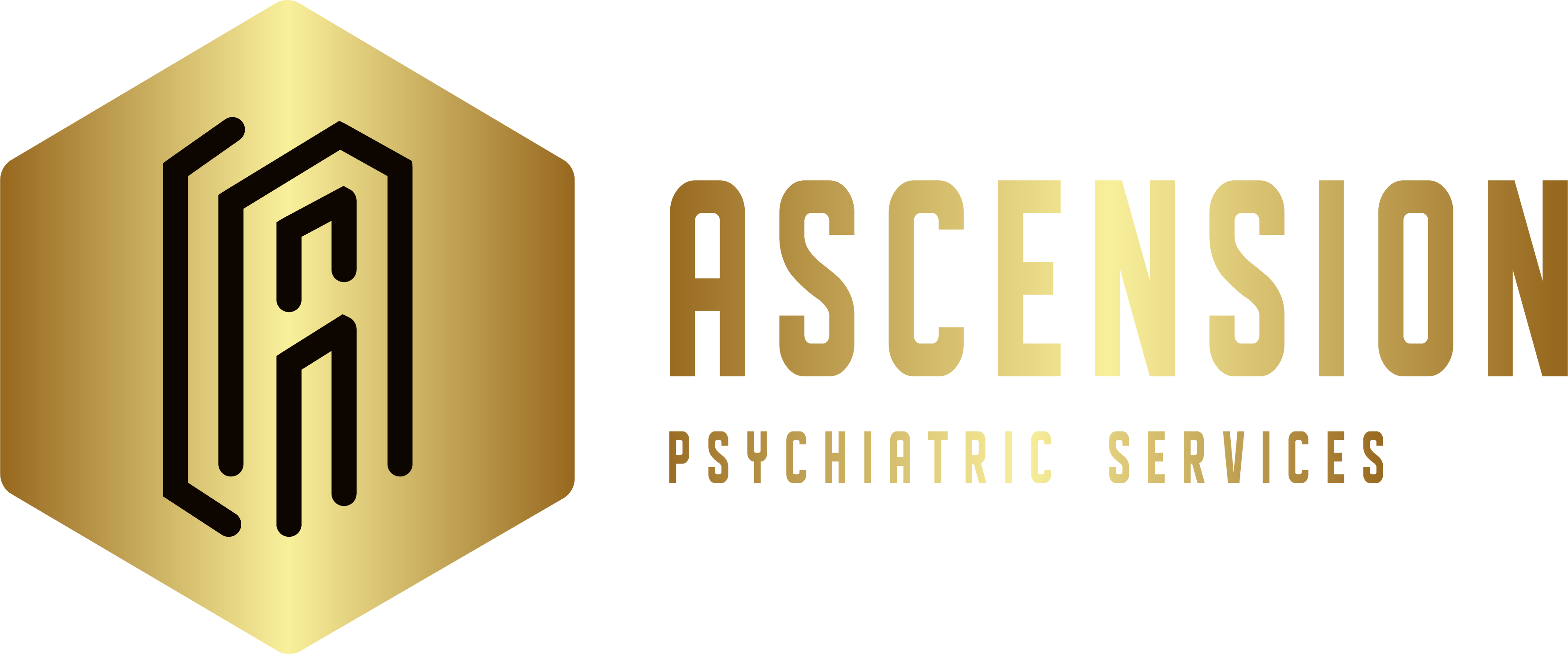
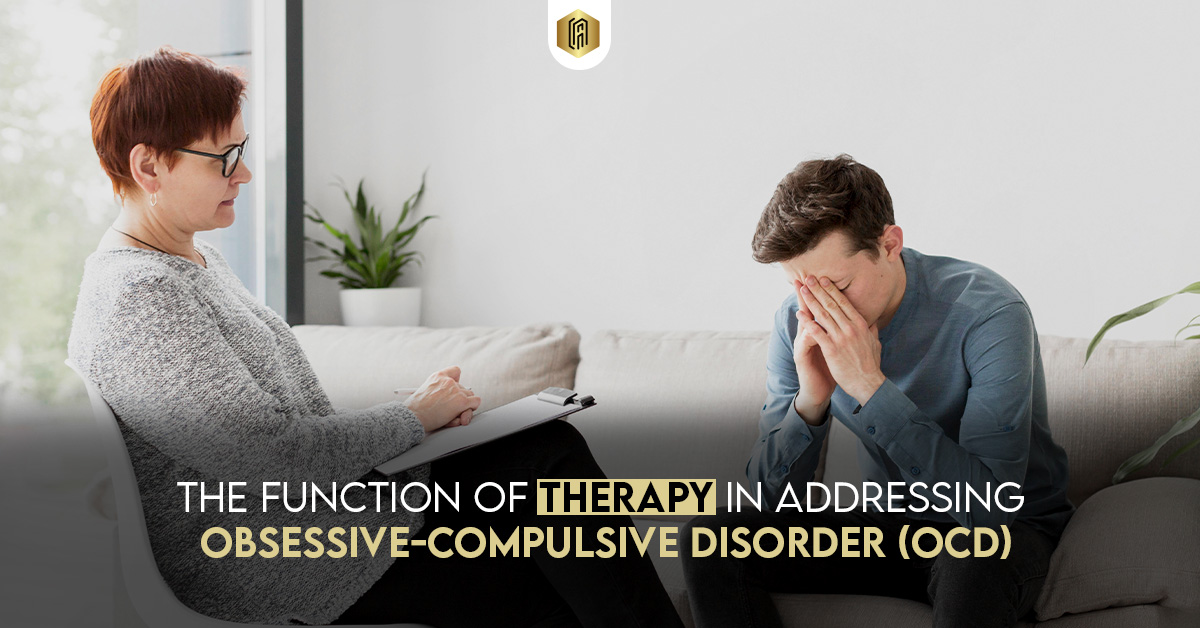
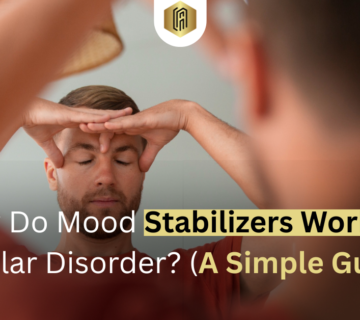
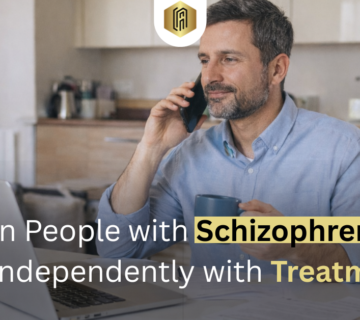

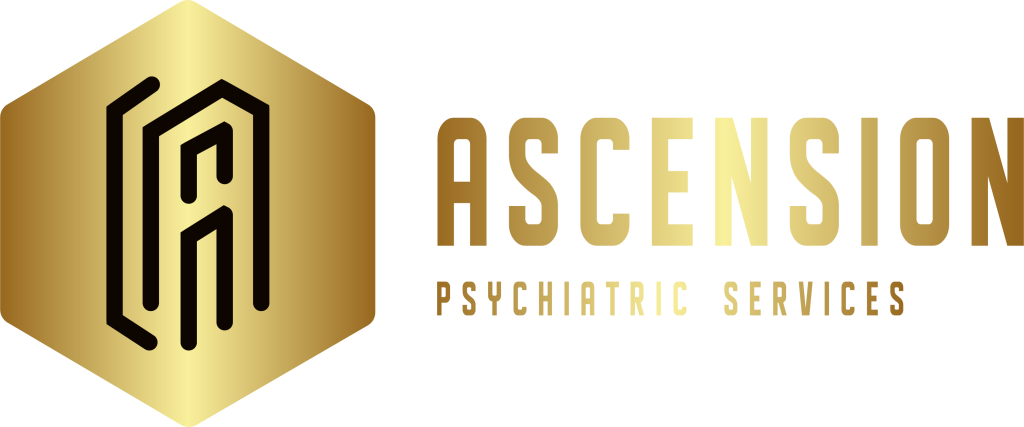
No comment